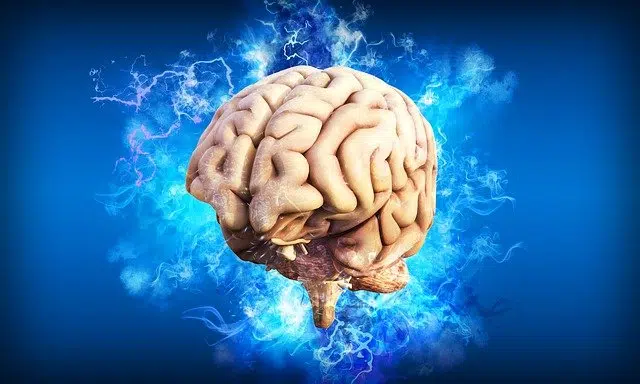
Ontology analyzes fundamental entities.
Ontology is the branch of metaphysics that analyzes the different fundamental entities that make up the Universe. Many of the questions pertaining to philosophical thought correspond to this study; Some examples are the eternal search for the truth about the existence of God, ideas (mental entity) and numbers (abstract entity).
There are various types of entities , and ontology also seeks to study the relationships that exist between them.
Types of entities
The main distinctions of said classification are defined below:
* the abstract entity : according to the conventions of metaphysics, entities are divided into two groups, which are abstract and concrete. In the first we find sets, concepts and numbers , among many others; in the second, for example, there are objects, plants and planets. This may seem reasonable, given the definitions of abstract and concrete that most people know; However, it is worth mentioning that no official criterion has been established to determine which class each entity belongs to, leaving the intuition of each observer as the only resource. Likewise, the existence of abstract ones is questioned, which need a concrete one to complete their meaning;
* the entity of common sense : refers to the different ways of analyzing the existence of something, ranging from the mere identification of the element by the name assigned to it in a particular language, to the meticulous breakdown of its molecular composition or atomic, completely ignoring its most obvious conception. Assuming this vision, no answer is completely satisfactory (at least not for a large group of people) given that the effectiveness of each one depends on the focus and expectations of the questions themselves;
* the mental entity : similar to the problem of common sense, it is impossible to determine whether the mind exists or not, if ideas, reasoning and memory are real, given that our brain is purely material in the eyes of medicine. But the study of the mind is not limited to this simple question; On the other hand, the possibility is postulated that its existence voluntarily escapes the gaze of science, that it does not take place on the physical plane as we conceive it, but that it is, in effect, impossible to be observed .

The nature of ideas is studied by ontology.
Ontology, universals and the hole
* universals : they are also known as properties , qualities or attributes , and they are certain adjectives or concepts that allow us to classify specific entities. For example, when we say that silk is soft , we are using one of its properties (softness) to give a particular meaning to the existence of this material. In the same way, we can say that both that type of fabric and the skin of a child and the petals of a flower are all soft ; This example helps to understand the universal character that these entities have, given that the adjective soft is independent of the objects and beings mentioned, but it is noticed in all of them. The problem related to this type of entities, once again, revolves around their existence and, if this point is resolved, their need or not to be associated with other concepts;
* the hole : with a seemingly innocent and shallow name, the concept of a hole, or gap, contains a series of questions. Firstly, they are supposed to represent the absence of matter , which can be understood as nothingness . If so, then how can you talk about them as if they were normal items? Also, can you perceive a hole?
